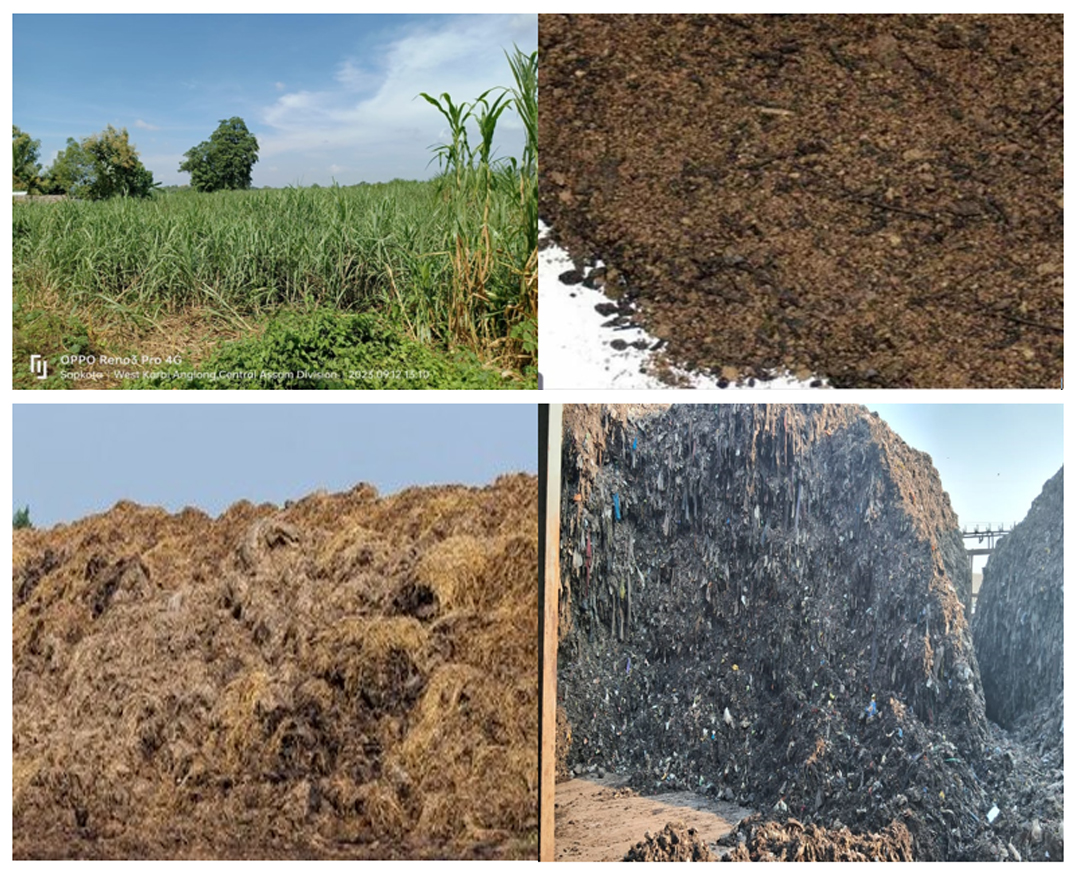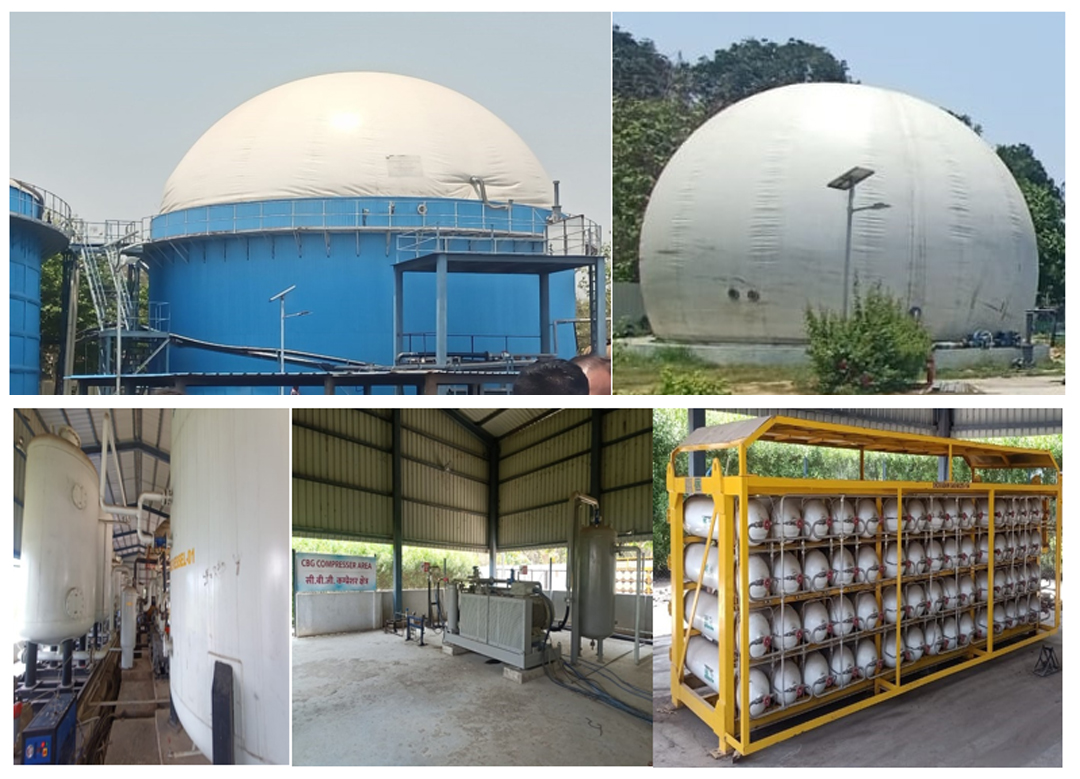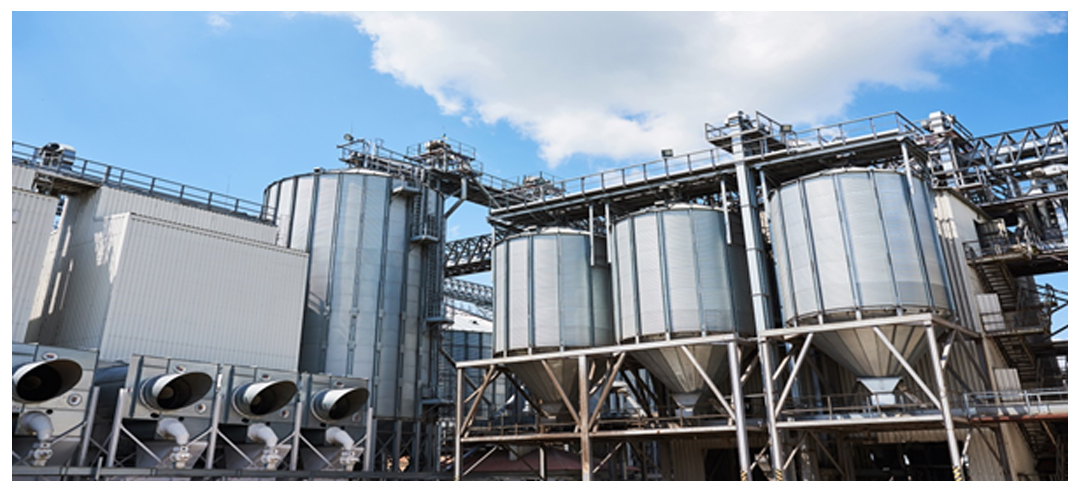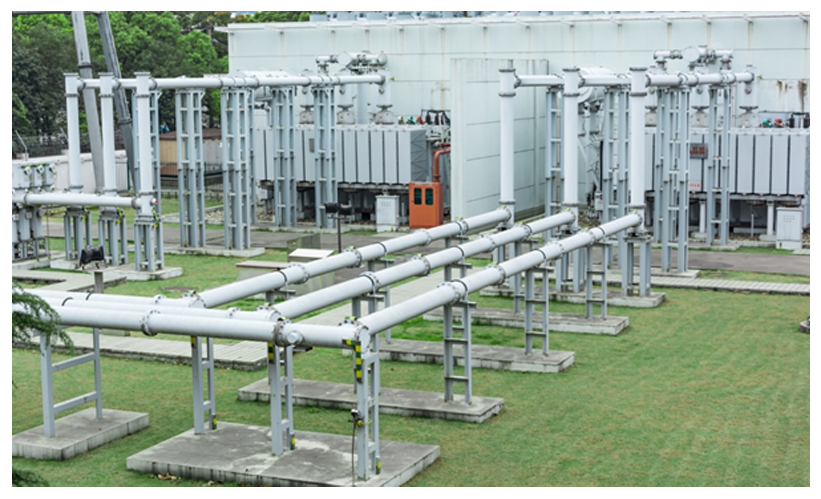BIO FUEL – the Eco-friendly Sustainable Alternative
Rigel is focussed on engineering consultancy services for production of Bio fuels like Bio CNG, Bio Ethanol and Bio-Hydrogen in India. The demand for new biofuel projects in India on BioCNG, Bio Ethanol and bio H2 adhering to latest “National Policy on Biofuels" in June 2022 has increased many folds. Objective of Government of India through this policy is to reduce the import of petroleum products and implement eco-friendly sustainable fuel production process through:
- Fostering BioCNG production and utilization through SATAT scheme.
- b) Fostering domestic bioethanol production by blending target of 20% bioethanol in petrol by 2025-26
- Identify additional feed stocks eligible for the production of biofuels.
- d) Produce Bio hydrogen for ammonia production in an eco-friendly manner.



Bio CNG is a refined biological product equivalent to Compressed Natural Gas (CNG). Anaerobic biological decomposition produces methane rich biogas from waste or biomass sources, agricultural residue, bovine dung, sugarcane press mud, municipal solid waste, sewage treatment plant waste, etc.
Bio-CNG is the most ideal fuel for cars and power plants due to its high methane concentration, calorific value, low moisture, hydrogen sulfide, and impurity content. Additionally, Bio-CNG is a more environmentally friendly fuel than biogas due to its low emission levels.
Bio Ethanol production is an age old process and was previously used as drinks and some commercial chemical applications. However, with the new biofuel policy, the Central Government revised its target of 20% ethanol blending in petrol by the year 2025 with latest environment sustainable technologies. Also, more feed stocks mainly waste products were made eligible as a source for the production of bio ethanol for alternative fuel applications.
Rigel extends comprehensive consultancy services for following activities:
Bio-CNG is the most ideal fuel for cars and power plants due to its high methane concentration, calorific value, low moisture, hydrogen sulfide, and impurity content. Additionally, Bio-CNG is a more environmentally friendly fuel than biogas due to its low emission levels.
Bio Ethanol production is an age old process and was previously used as drinks and some commercial chemical applications. However, with the new biofuel policy, the Central Government revised its target of 20% ethanol blending in petrol by the year 2025 with latest environment sustainable technologies. Also, more feed stocks mainly waste products were made eligible as a source for the production of bio ethanol for alternative fuel applications.

- Distillation: All type of Distillations; Atmospheric, Multi Pressure, Pot Still Distillation, Batch Distillation & Continuous Distillation, Molasses, Grain, Tapioca, Grape Spirit, Malt Spirit, Mahua Flower, Rum Spirit Production, ENA & Ethanol
- Fermentation: Batch Fermentation, Continuous Fermentation & Fed Batch of Molasses, Rice, Maize, Malt, Grape, Mahua, Tapioca, Jiggery etc.
- Maturation: Cask Maturation & Vat Maturation.
- Blending & Bottling: Experience in Blending & Bottling of IMFL.
- Utility Systems: Boiler Water, Cooling Tower, HVAC, fire fighting etc.
- Power Plant: Co Generation Plants with alternative fuel.
- Project Work: Project Planning, Management, Organizing and Executing .
- Liosoning Back End Support: Government Department like Excise, Pollution Control Board, Legal Metrology, FACTORY & Boilers etc.
BioH2 is the latest entrant in Clean Energy sector. Production of hydrogen gas from bio resources is a major thrust today. BioH2 is the biofuel that uses microorganisms to convert hydrogen through biological processes like fermentation and photolysis in a bioreactor. Hydrogen is the lightest, simplest, most abundant element in the universe. Moving from unsustainable fossil fuels to renewable energy sources is the only way to repair and protect our planet. Hydrogen represents a great opportunity in the transition to renewable energy, and offers an attractive route for diversification for energy & fertilizer companies in India. It’s carbon-free, sustainable and, perhaps most importantly, abundant. The major advantage of energy from bioH2 is the avoidance of greenhouse gas emissions as the conversion of hydrogen to energy, via fuel cells, results only in pure water.

